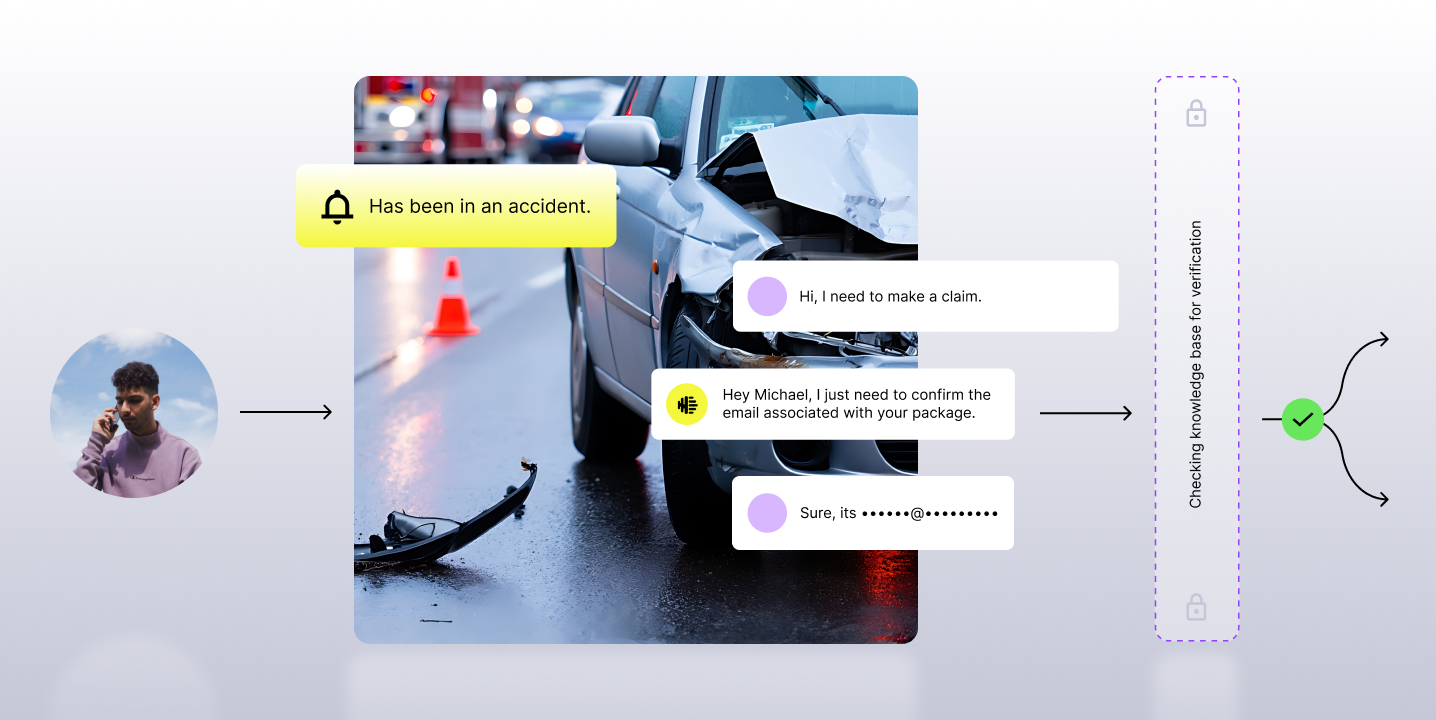Companies have long pushed users to adopt self-service experiences by embedding help content on websites, nudging customers to support articles via social media, or routing inquiries through bots before offering human assistance. However, we are now seeing a new layer: generative AI tools like ChatGPT and Google’s AI-generated summaries are further distancing users from the actual sources of truth. Instead of getting help from the brand itself, customers are relying on third-party AI summaries that are often outdated, incorrect, or disconnected from real-time context. In the rush to deflect support inquiries, businesses may be unintentionally creating a support experience that’s both less accurate and less human, forcing customers into the echo chambers of the internet.
For CIOs and IT leaders, this issue is not just philosophical – it is tangible. Consider the avalanche of robotic chatbots, unhelpful “smart” searches, and scripted responses clogging customer service channels. The truth is startlingly clear: many digital interactions today involve bots communicating with other bots, creating a cycle of empty conversations and consumer frustration. And yet, we've become so accustomed to it that we've learned to live with (and even expect) these lifeless exchanges. So when it comes to a customer picking up the phone, they have tried to self-serve. They need more, and it better be real and authentic.
Digital Fatigue Is Real (and Costly)
Customers now instinctively brace themselves for poor interactions. "Press 1 for billing," "I'm sorry, I didn't understand that," and endless chatbot loops have become a dreaded norm. Picking up the phone to get support can feel like the modern-day equivalent of preparing for battle – not sure when you’ll return to regularly scheduled life and how your mood will be forever altered. For enterprises, this acceptance isn't just disappointing—it's dangerous. Poor digital experiences lead to customer churn, damage brand reputation, and inflate operating costs.
From the perspective of an Operations or IT leader, managing ineffective automation comes with a heavy toll. Systems built on low-quality data, inadequate natural language understanding, and insufficient ethical oversight become expensive nightmares. Trust erodes, users disengage, and critical opportunities for meaningful engagement evaporate, while leaving you with a team of folks maintaining a brittle system that is despised by customers and stakeholders alike.
A New Kind of Conversational Self Service
Automation itself isn’t inherently the problem. The quality and intention behind it are.
Just look at the state of the internet today: much of the traffic is generated by bots, and AI creates a staggering portion of content for the consumption of other AIs. Marketing emails are written by one bot and "read" by another. Fake engagement metrics are driven by click farms or automated tools. The loop is closed, and the human element is often missing entirely. Even comment sections and reviews, once vibrant with opinion and debate, are increasingly flooded with generated content optimized for algorithms, not real conversation.
And yet, when it comes to something as important as customer support, we have the chance to buck this trend. LLM-based AI agents are built to actually listen. They don’t just simulate understanding; they use real context to respond meaningfully. And when it’s time to escalate, they don’t leave customers hanging. Instead, they hand off to a human, with full conversation history, intent, and sentiment intact, ensuring that the customer doesn’t need to repeat themselves.
LLM-based AI agents present a transformative opportunity precisely because they invert this trend. Rather than perpetuating bot-to-bot echo chambers, where a human seeking help gets trapped in the void of screaming “agent” or pressing zero, VoiceAI agents are designed explicitly for authentic, human-like dialogue.
Powered by advanced natural language processing (NLP), these agents understand context, nuances, and the subtleties that previously eluded traditional chatbots. Crucially, purpose-built AI agents for customer support know when to seamlessly transition conversations to real humans, setting the stage for genuinely valuable interactions. Instead of replacing human interaction, they amplify it.
Ethics and Data Quality: Foundations of Trustworthy AI
For enterprises, the stakes around AI ethics and data quality are especially high. AI’s effectiveness hinges directly on responsible AI practices. AI-driven conversations must remain transparent, unbiased, and aligned with ethical standards. Enterprises must ensure data quality to avoid AI-generated hallucinations, bias, or misinformation. All of which are critical to maintaining trust and compliance for the enterprise.
An agentic platform built with ethics and data quality at its core ensures interactions remain credible and reliable, enabling customer relationships to flourish rather than fracture.
Bringing the Human Back into the Loop
The goal of self-service AI shouldn’t be to automate conversations just for the sake of convenience. It’s about leveraging automation to enhance and protect the value of human interaction. Yes, AI-driven self-service can reduce costs, but poorly implemented systems do more harm than good in the long run. They erode trust, damage loyalty, and increase the scrutiny around every touchpoint.
When thoughtfully designed, AI agents take on the burden of routine tasks—like verifying accounts, capturing issue details, or answering common questions—so human agents are freed to focus on high-empathy, high-impact moments. The result? Better outcomes for customers, less burnout for agents, and smarter use of everyone’s time.
Imagine a customer contacting support: instead of waiting in frustration, they're immediately greeted by a VoiceAI agent, accurately capturing critical details and routing the call directly to a knowledgeable human agent who’s fully prepared to help. The interaction moves from transactional to transformational.
The Internet Might Be Dead. But Your Customer Experience Doesn’t Have to Be.
The Dead Internet Theory is provocative precisely because it taps into an uncomfortable truth: many digital spaces are devoid of authentic human connection. But CIOs and IT leaders are uniquely positioned to rewrite this narrative. By deploying intelligent, ethically grounded, data-quality-driven VoiceAI solutions, you can bring conversations back to life and restore trust in AI with your customers.
Automation no longer has to mean lifelessness. It can instead lead to more meaningful and authentic human engagement at scale.
Learn how to design effective prompts that unlock the full power of AI agents in real-time voice interactions.
Access this whitepaper, Practical Examples of Prompt Engineering for the Voice Channel to learn more.

















